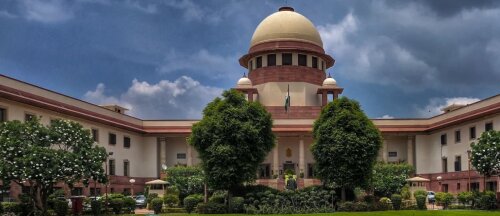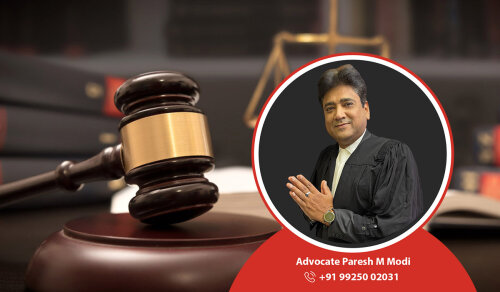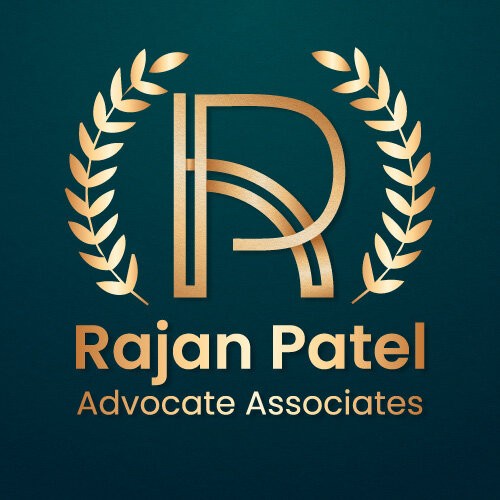Best Criminal Litigation Lawyers in Ahmedabad
Share your needs with us, get contacted by law firms.
Free. Takes 2 min.
List of the best lawyers in Ahmedabad, India
India Criminal Litigation Legal Questions answered by Lawyers
Browse our 1 legal question about Criminal Litigation in India and read the lawyer answers, or ask your own questions for free.
- 377 379 498A and dv
- My wife put allegations on me and my family to police station after seven years of seperation Now police kept calling my and my family for a statement What should i do
-
Lawyer answer by D.H.Associates
Ask the police personnel to share the complaint with you. Reply to the complaint filed by your wife.
Read full answer
About Criminal Litigation Law in Ahmedabad, India
Criminal litigation in Ahmedabad, the largest city in the state of Gujarat, India falls under both the Indian Penal Code and the Gujarat Local Laws. It involves proceedings in criminal cases from the initial arrest to the final verdict. It includes various phases such as investigation, arrest, bail, charge, trial, and appeal. The significance of a defense attorney in such cases is undeniable.
Why You May Need a Lawyer
You may need a lawyer for several reasons. If you have been accused or charged with a criminal offense, seeking a defense lawyer's guidance is imperative. They can help you understand your rights, the legal procedures, collect evidence, negotiate plea bargains, argue for dismissal of charges, and present your case during trial if needed. Also, since the criminal litigation process in India can be complex, you might require a lawyer's expertise to efficiently navigate through the process.
Local Laws Overview
In Ahmedabad, the significant law related to criminal litigation is the Indian Penal Code (IPC), the primary criminal law of India. The Code of Criminal Procedure, 1973, governs the procedural aspects of the criminal law system. Apart from this, some local laws relevant to Ahmedabad are the Gujarat Police Act, the Gujarat Prevention of Anti-Social Activities Act, and the Gujarat Public Gambling Act.
Frequently Asked Questions
What are the punishment types under the IPC?
The Indian Penal Code stipulates punishments such as death, imprisonment for life, imprisonment, forfeiture of property, fine, or a combination of these.
What are bailable and non-bailable offenses?
A bailable offense is one where the accused has the right to get bail. Non-bailable offenses are serious crimes where bail is at the discretion of the court.
What is anticipatory bail?
Anticipatory bail is a direction to release a person on bail, even before the person is arrested. It's applicable only in case of non-bailable offence.
What is the process if I am arrested?
If you are arrested, you have the right to know the grounds of arrest. You should be produced before the nearest magistrate within 24 hours. You also have the right to seek legal counsel immediately.
What is the role of the Public Prosecutor?
A Public Prosecutor represents the State or the police in criminal proceedings. They present evidence and argue the case against the accused.
Additional Resources
You can refer to the official website of the Gujarat High Court, the District Courts of Gujarat, and the Ministry of Law and Justice for more information about various laws and updates. The website of the Bar Council of Gujarat can also be helpful for finding suitable legal representation.
Next Steps
If you require legal assistance in Criminal Litigation, consider finding a competent attorney who specializes in this field. Reach out to them with all the details of your case. Be prepared with factual information and documents to assist your lawyer. Communication, complete disclosure, and active engagement are vital for your successful legal journey.
Lawzana helps you find the best lawyers and law firms in Ahmedabad through a curated and pre-screened list of qualified legal professionals. Our platform offers rankings and detailed profiles of attorneys and law firms, allowing you to compare based on practice areas, including Criminal Litigation, experience, and client feedback.
Each profile includes a description of the firm's areas of practice, client reviews, team members and partners, year of establishment, spoken languages, office locations, contact information, social media presence, and any published articles or resources. Most firms on our platform speak English and are experienced in both local and international legal matters.
Get a quote from top-rated law firms in Ahmedabad, India — quickly, securely, and without unnecessary hassle.
Disclaimer:
The information provided on this page is for general informational purposes only and does not constitute legal advice. While we strive to ensure the accuracy and relevance of the content, legal information may change over time, and interpretations of the law can vary. You should always consult with a qualified legal professional for advice specific to your situation.
We disclaim all liability for actions taken or not taken based on the content of this page. If you believe any information is incorrect or outdated, please contact us, and we will review and update it where appropriate.
















